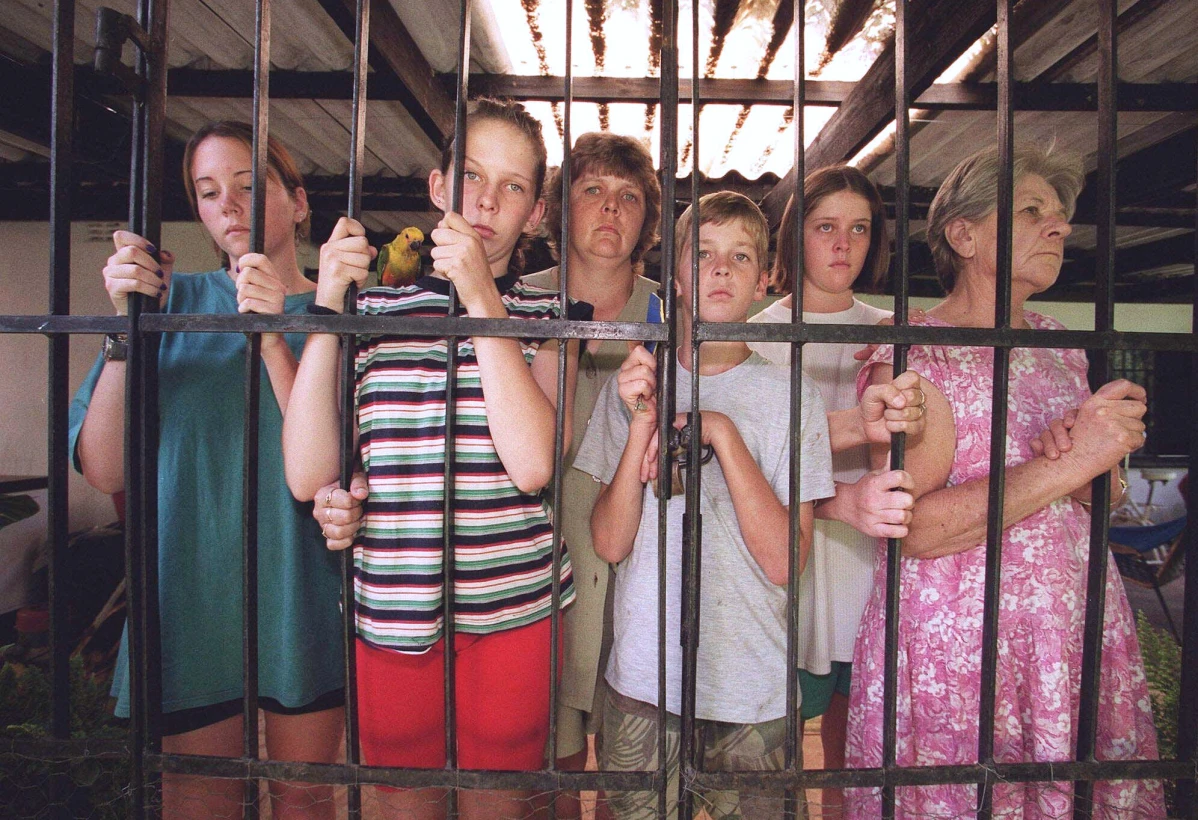HARARE – Prominent Harare businessman, Tendai Mashamhanda has lost his bid to save his US$1,5 million upmarket home after Supreme Court judges ruled he acquired the property fraudulently while under judicial attachment.
In December last year, the High Court ordered his eviction ruling that the house was bought through a fraudulent process.
Mashamhanda, son of the business mogul Alex Mashamhanda of Mashwede Holdings, bought the Highlands property for US$230 000 from Harare lawyer Pihwai Chiutsi.
The house was fraudulently sold to him while it was under judicial attachment sometime in September 2017.
Bariade Investments, PVT LTD subsequently purchased the property at a valid Sheriff’s sale in circumstances where it had already obtained defective title.
Mashamhanda obtained tainted title to the property on 5 May 2022 and has been in occupation of the property from 2020.
He challenged eviction by filing a Supreme Court appeal arguing that he made massive developments on the property to the tune of US$1,500,000 in a period spanning 5 years.
The business mogul resisted eviction claiming an improvement lien over the developments he effected on the property.
He argued that in terms of section 74 of the constitution, he cannot be evicted from his home “without an order of court made after considering all the relevant circumstances”.
“Firstly, I challenge the right of eviction without paying me for the huge improvements I effected to the property.
“I believe that I have an improvement lien which gives me the right to remain in occupation until the respondent has compensated me for the improvements,” he said in his appeal.
In response, Bariade Investments resisted the application for stay of execution on the premise that Mashamhanda was an illegal occupier of the house.
The company also said he effected improvements on the house in flagrant violation of an extant court order to the contrary.
The judge ruled in favour of the company stating that onus was on Mashamhanda to prove that the money claimed was justified.
“To make matters worse, before me, the applicant was unable to demonstrate how he had arrived at the value of one and a half million United States dollars.
“Above all, when challenged he was unable to demonstrate that the improvements he allegedly made on the disputed property were lawful structures.
“All this he could easily have proved by producing evaluation reports, approved architectural drawings and inspection reports.
“This he failed to do. He could not provide even an iota of evidence in this regard. He also failed to prove that these were necessary improvements which the respondent could have effected left to his own devices,” said the judge.
In this case, the judge said, the odds, the law and the balance of convenience favour the respondent which has done nothing wrong to be deprived of its property rights specifically protected by the laws of the land.
The apex court said Mashamhanda failed to discharge the onus of proving that he has any reasonable excuse for clinging onto the property.
“In the final analysis, I hold that the applicant has failed to meet the requirements of the test for stay of execution set out in the Cohen case and other related precedent supra,” the judge ruled.
Following this ruling, Bariade Investments has since written to the sheriff for execution of the judgement.
“Now that the application for stay of execution has been dismissed, we kindly request you to proceed with execution as a matter of urgency given the delays caused by that application,” wrote Gill Godlonton & Gerrans lawyers representing the company.
Mashamanda has accused several judges of corruptly influencing the case against him and has lodged a number of complaints with the Judiciary Services Commission and the Justice ministry.
The businessman is also demanding the resignation of named judges including chief justice Luke Malaba for being corrupt.
















